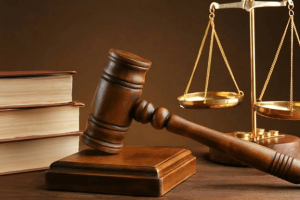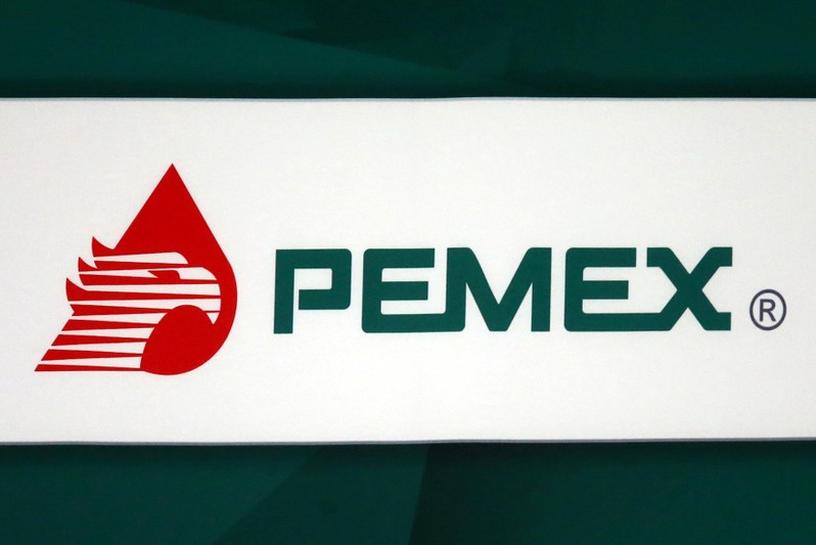
Mkpoikana Udoma
Port Harcourt — The Socio-Economic Rights and Accountability Project, SERAP, has dragged NNPC Ltd to court over the failure of the nation’s oil firm to disclose details of Nigeria’s daily oil production, exportation and the total amount of revenues generated from crude oil sales, since the removal of fuel subsidy in May 2023.
This is as the former Governor of the Central Bank of Nigeria, Sanusi Lamido Sanusi, recently accused NNPC Ltd of failing to remit enough foreign exchange into the treasury despite the removal of fuel subsidy.
SERAP in the suit number FHC/ABJ/CS/1719/2023 filed at the Federal High Court in Abuja, is seeking an order of mandamus to compel NNPC Ltd to disclose details of barrels of oil Nigeria produces and exports daily, and the total amounts of revenues generated since the removal of subsidy on petrol.
SERAP’s Deputy Director, Mr Kolawole Oluwadare, in a statement said the group is also Nigerians have the right to know the amounts of barrels of oil the country produces and exports daily, the revenues generated and remitted to the public treasury.
Although no date has been fixed for the hearing of the suit, Oluwadare maintained that compelling the NNPCL to disclose these details would promote transparency and accountability in the oil sector.
The statement reads in part, “An order of mandamus to compel the NNPCL to disclose how much of the revenues generated from the production and exportation of oil have been remitted to the public treasury since the removal of subsidy on petrol.
“SERAP is also asking for an order of mandamus to direct and compel the NNPCL to disclose details of payment of N11 Trillion made as subsidy payments from 1999 to May 2023, including a detailed breakdown of the payments made.
“There is a legitimate public interest in disclosing the information sought. The NNPCL has a legal responsibility to disclose the details of Nigeria’s daily oil production, exportation, and the revenues generated and remitted.
“The failure by the NNPCL to disclose the information sought is a grave violation of the provisions of the Nigerian Constitution 1999 (as amended), the Freedom of Information Act, and the country’s obligations under the African Charter on Human and Peoples’ Rights.”



